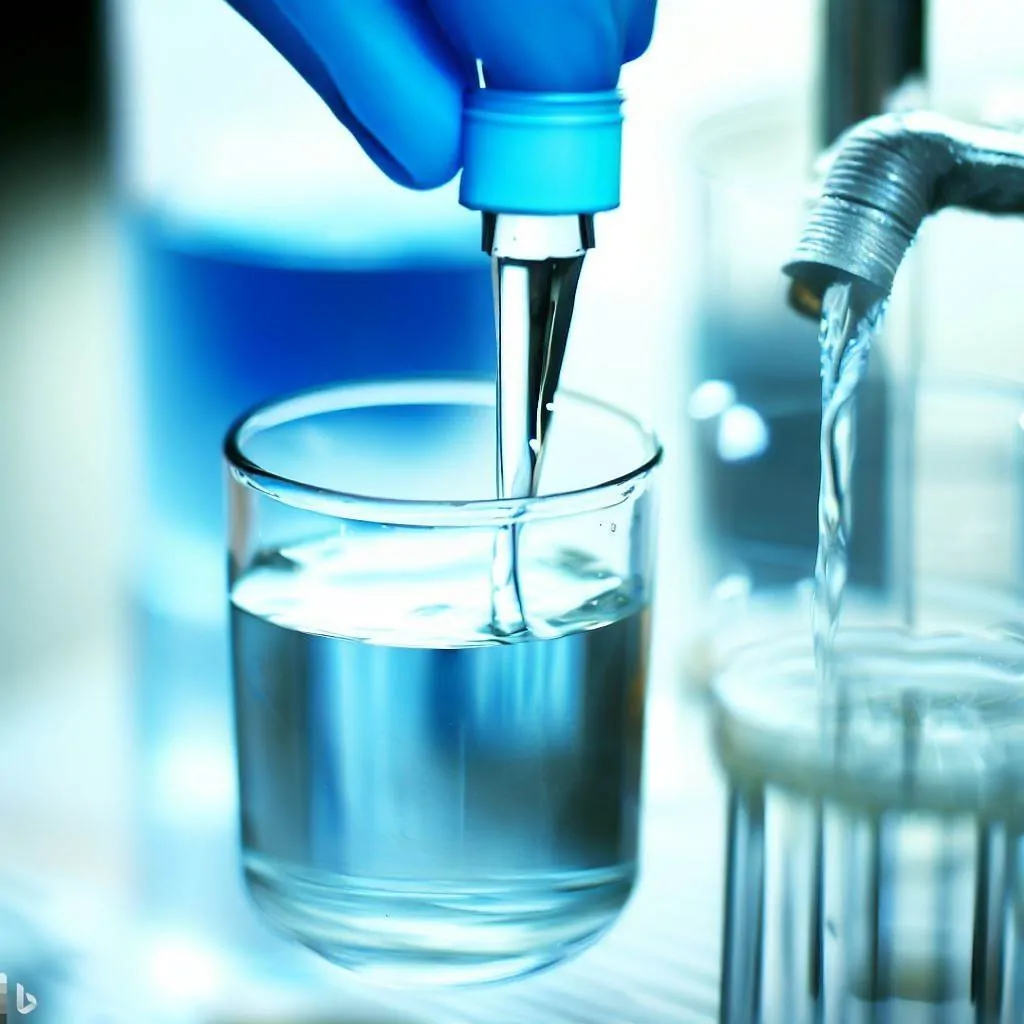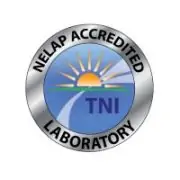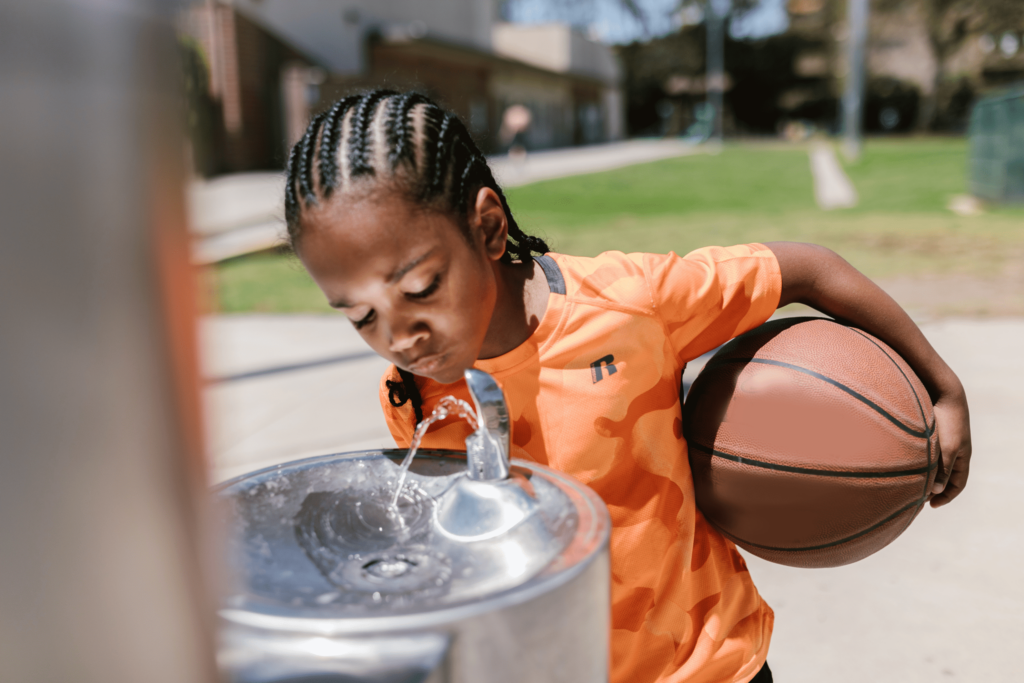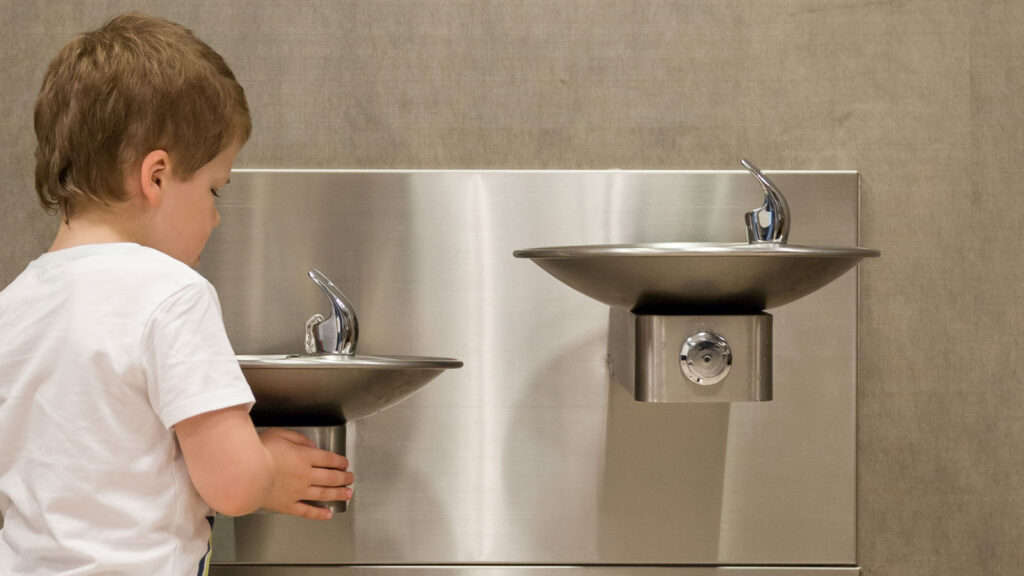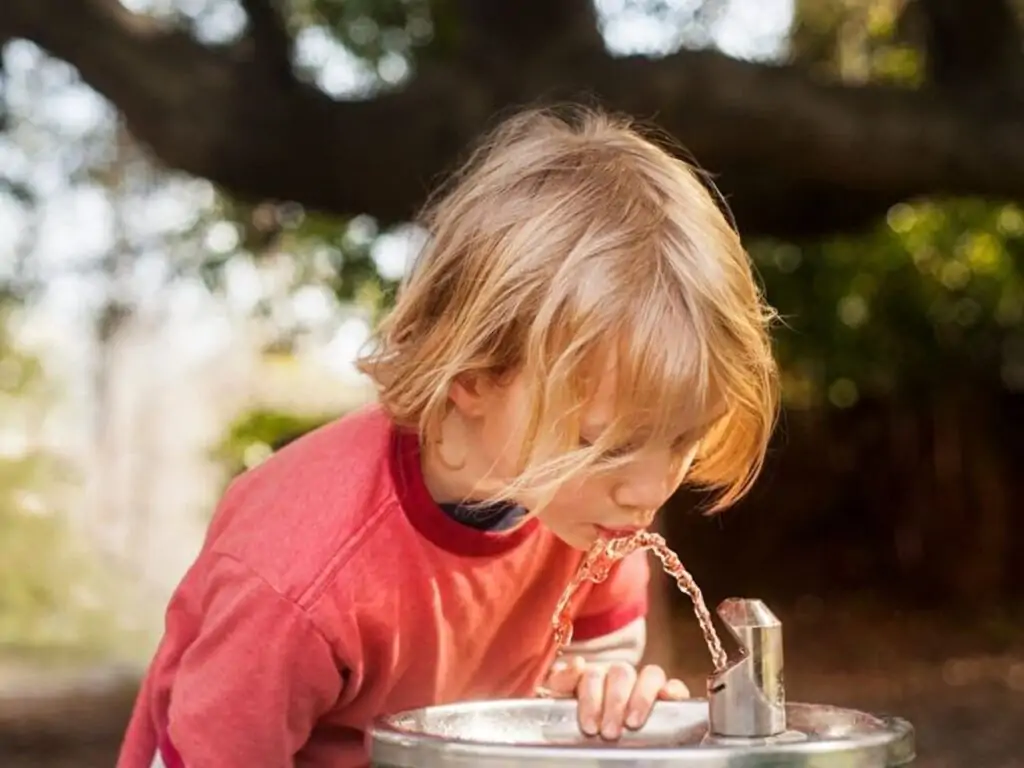Teklab Offers Comprehensive Drinking Water Analysis
➜At Teklab, we understand the critical importance of safe, clean drinking water.
That’s why we offer a comprehensive range of drinking water analysis services, meticulously tailored to meet the diverse needs of our customers. Whether you’re a homeowner concerned about your family’s well water, a business ensuring the safety of your employees and customers, or a municipality responsible for the health of an entire community, our certified testing solutions provide the essential insights needed to ensure the safety and quality of your drinking water.
Environmental laboratories like Teklab play a vital role in safeguarding public health by performing a variety of drinking water tests. These tests are designed to detect contaminants that could pose health risks, monitor compliance with stringent regulatory standards, and ensure overall water quality. The focus is on providing a complete picture of your water’s composition, allowing you to make informed decisions about its use and treatment.
Our testing protocols encompass a wide spectrum of potential contaminants, categorized broadly into microbiological and organic chemical analyses.
Environmental laboratories like Teklab perform a variety of drinking water tests to ensure that water is safe for human consumption.
The testing focuses on detecting contaminants that could pose health risks, monitoring compliance with regulatory standards, and ensuring overall water quality. Here’s an overview of the types of drinking water tests typically conducted for compliance across industries:
🦠Microbiological Testing
- Total Coliforms & E. coli: Indicates the presence of bacteria that could signal contamination from human or animal waste.
- Legionella: Assesses for the bacteria that can cause Legionnaires’ disease.
- Heterotrophic Plate Count (HPC): Measures the concentration of heterotrophic bacteria in water.
🧪Organic Chemical Testing
- Volatile Organic Compounds (VOCs): Includes chemicals like benzene, toluene, and xylene, often from industrial pollution or petroleum products.
- Pesticides & Herbicides: Common agricultural runoff contaminants, including atrazine, glyphosate, and 2,4-D.
- Disinfection Byproducts (DBPs): Formed when disinfectants like chlorine react with organic matter in water, producing potentially harmful compounds like trihalomethanes (THMs) and halo-acetic acids (HAAs).
📌Water testing methodologies are often confusing. To facilitate a proper analysis of your water and ensure satisfactory results, our experienced project managers are available to answer your questions. We’re here to offer our professional services and help you protect the environment.
As one of the area’s leading environmental testing laboratories,
we have the expertise to meet your water testing needs in an expedited manner.
Please reach out to our sales team if you are interested in a quote for service or need information.
📞Call us toll-free at (877) 344-1003 or send a message via our Contact Us page.

